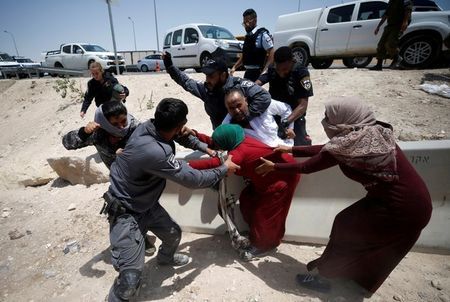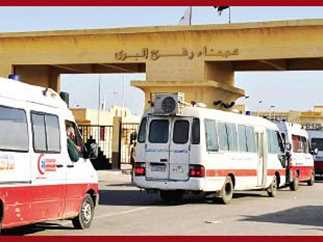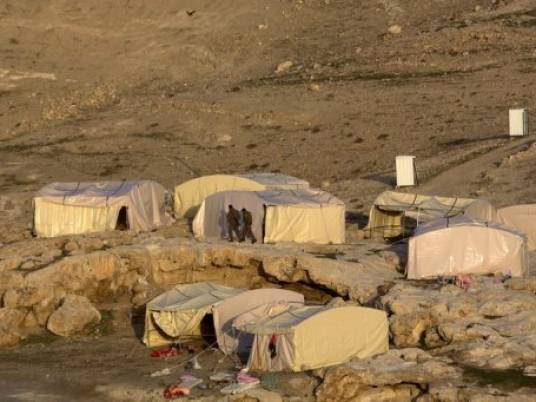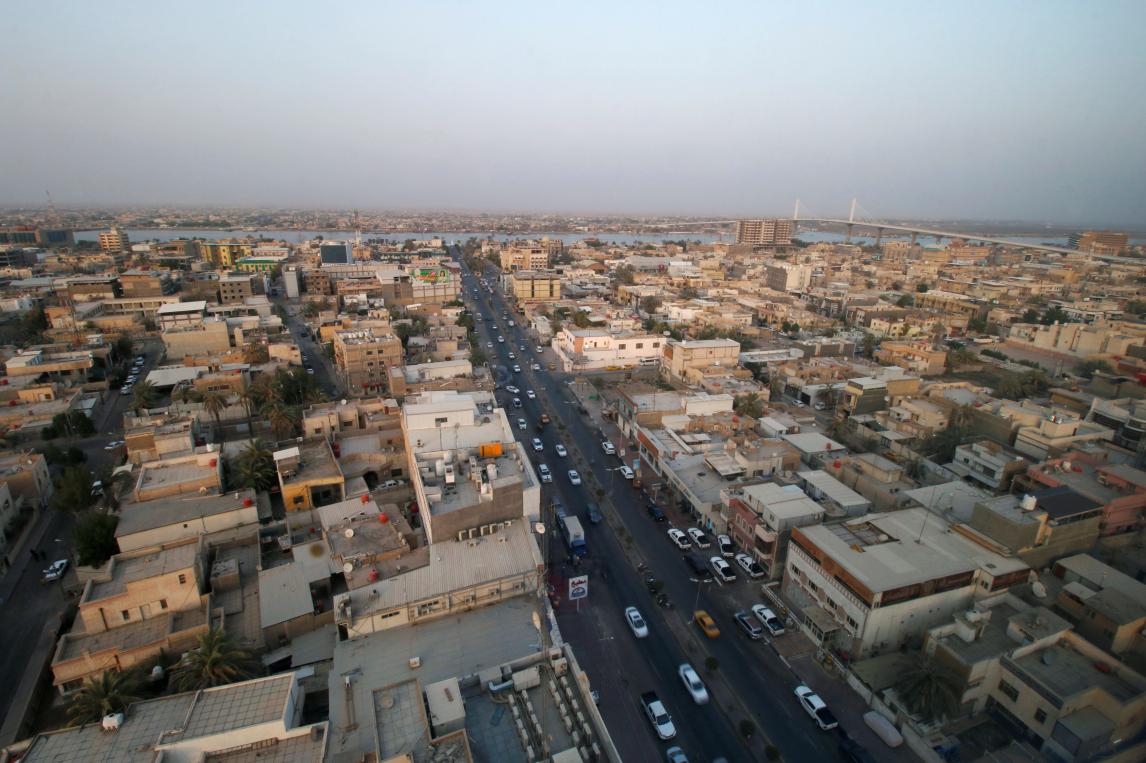
aThe Israeli government is to seek powers to strip Arabs of their residency and welfare rights if they or their relatives participate in unrest, Prime Minister Benjamin Netanyahu said Sunday.
His comments at the weekly cabinet meeting came as Interior Minister Gilad Erdan used existing powers to revoke the residency of a Palestinian who had already served 10 years in prison for his role in a 2001 bombing.
Netanyahu told ministers that the proposed change to the law would seek authority to revoke the rights of any Arab resident who took part in, or incited, violence, even stone-throwing.
He said the proposals would complement the policy of demolishing the family homes of those involved in attacks on Israelis which his government adopted in annexed Arab east Jerusalem earlier this month despite condemnation by human rights watchdogs.
"It cannot be that those who attack Israeli citizens and call for the elimination of the State of Israel will enjoy rights such as National Insurance — and their family members as well, who support them," Netanyahu told ministers.
"This law is important in order to exact a price from those who engage in attacks and incitement, including the throwing of stones and firebombs," his office quoted him as saying.
Annexed Arab east Jerusalem has been hit by months of unrest, which has spread across the occupied West Bank and to Arab communities inside Israel.
Last Tuesday, two Palestinians burst into a Jerusalem synagogue with meat cleavers and a gun and killed four rabbis and a policeman who came to their aid, in the city's deadliest violence in six years.
The following day, Israeli forces demolished the east Jerusalem home of a Palestinian who killed a young woman and a baby with his car last month before being shot dead by police.
Punitive house demolitions have been used by Israel for years in the West Bank but the policy was halted in 2005 after the army said they had no proven deterrent effect.
Their introduction in annexed Arab east Jerusalem this month drew condemnation from human rights groups, which said the practice amounted to collective punishment as the victims were not the perpetrators of attacks but their families.
Palestinians in east Jerusalem have residency rights but not Israeli citizenship. Their residency entitles them to freedom of movement as well as social benefits, such as national insurance or health insurance, and its revocation entails loss of those benefits.
Netanyahu has promised a raft of tough measures to tackle the violence in east Jerusalem, in a nod to hardliners within his right-wing Likud party as talk grows of an early general election.
'Flagrant breach of trust'
The interior minister on Sunday revoked the residency and welfare rights of Palestinian Israel resident Mahmud Nadi, who served 10 years in prison for driving a suicide bomber to a Tel Aviv nightclub where he killed 21 people in 2001.
Nearly all Arabs in Israel have citizenship but a small number have only residency rights.
By contrast, the vast majority of Palestinians living in occupied and annexed east Jerusalem hold residency rights, not citizenship. For them, taking citizenship would be tantamount to accepting Israel's seizure of the eastern sector of the city during the 1967 Six Day War.
The decision to strip Nadi, who comes from the northern West Bank town of Qalqilya, of Israeli residency was communicated to him in a letter sent by Erdan, which gave no explanation of the timing of the move.
"In these circumstances, given the severity of your actions and the flagrant breach of trust as a resident of Israel… I have decided to make use of my authority to cancel your permanent residency in Israel," Erdan wrote.
"Israel is facing a wave of terror and incitement, in which (non-citizen) residents are carrying out attacks, aiding them and justifying them, and even inciting others to carry out crimes and acts of murder," he said.




